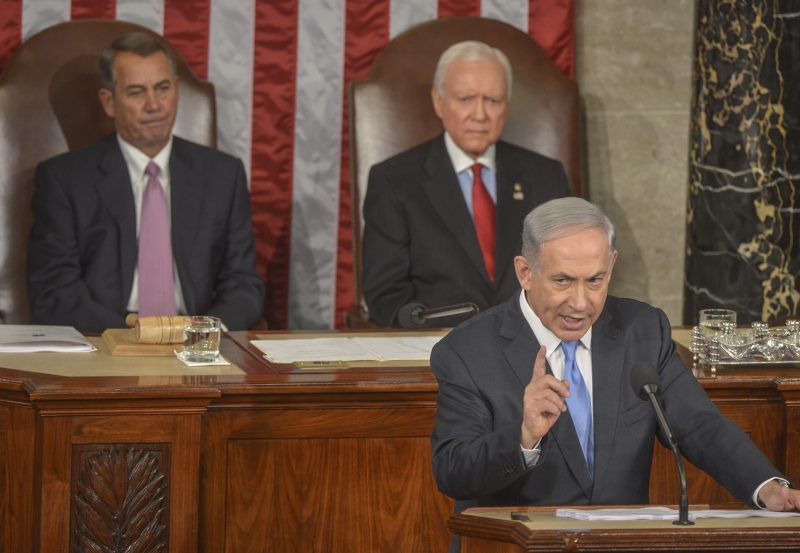
Decades in the Making: The Fracture Between Netanyahu, Biden, and the Democrats
The fraught relationship between former Israeli Prime Minister Benjamin Netanyahu and the Democratic Party stretches back many years before the recent discord became highly visible. Tensions between the two sides amplified during the Barack Obama years, survived the Trump era, and have now spilled into the Biden administration, with considerable repercussions for diplomatic ties between the two nations.
The Obama-Netanyahu dynamic was clearly a core part of the origin story of these tensions. Barack Obama, despite his continued foreign aid to Israel, allegedly polarized ties with Netanyahu due to their ideological differences, especially over the sensitive issue of Iran and its nuclear program. Netanyahu was widely criticized by Democrats for seemingly interfering in US politics when he accepted an invitation from then-House Speaker John Boehner to address Congress in March 2015. This address, aimed at expressing Netanyahu’s vehement opposition to Obama’s impending nuclear deal with Iran, was seen as an affront to the Executive branch of U.S. government, and to the Democrats’ approach to foreign policy.
Netanyahu’s affinity for the Republicans was cemented during the Trump years. The former President’s overt endorsement of Netanyahu’s policies, including moving the U.S. embassy to Jerusalem, recognizing Israeli sovereignty over the Golan Heights, and promoting normalization of relations between Israel and Arab nations, provided legitimacy for Netanyahu’s right-leaning domestic and foreign policies. However, this alignment sidelined the Democrats and created a seemingly irreparable rift.
Entering the Biden era, this rift widened with Biden and Netanyahu’s contrasting perspectives on key issues. Biden’s approach to Israel is noticeably less favorable than his predecessor’s; his commitment to reengaging diplomatically with Iran and prioritizing human rights, particularly the rights of Palestinians, contrasts Netanyahu’s policies significantly. Netanyahu’s criticism of Biden’s desire to re-enter the JCPOA (Joint Comprehensive Plan of Action) — an agreement designed to limit Iran’s nuclear capabilities — illuminates the ideological chasm between the two leaders.
Moreover, the Democratic Party itself has shifted left on Israel in the wake of the Trump era, with a growing faction of progressive lawmakers increasingly vocal in their criticism of Israeli treatment of Palestinians. Such shifting perceptions within the party, coupled with the hardening dichotomy between Netanyahu and the Democrats, culminated in a further strain on the relationship.
The situation came to a head during the Israeli-Palestinian conflict in May 2021, which saw an increase in confrontational rhetoric and harsh criticism from numerous Democratic lawmakers aimed at Israel’s handling of the conflict. Netanyahu’s continuing defiance in the
